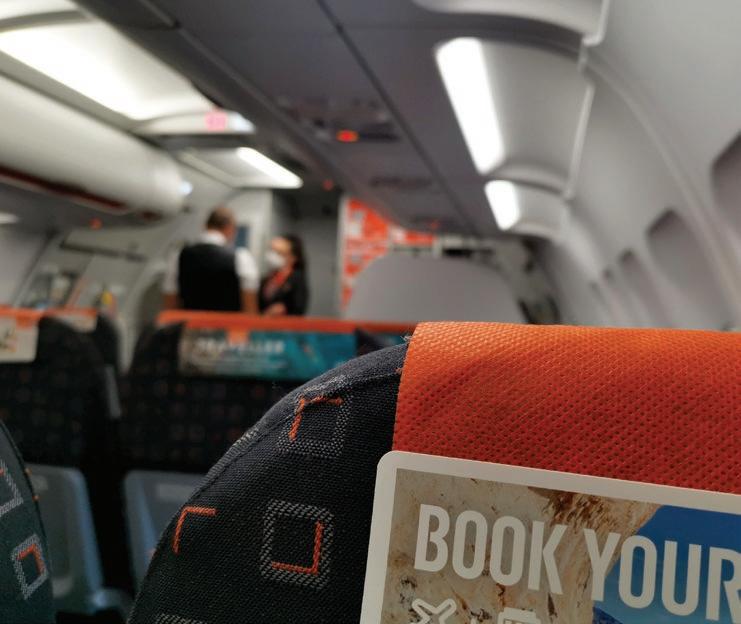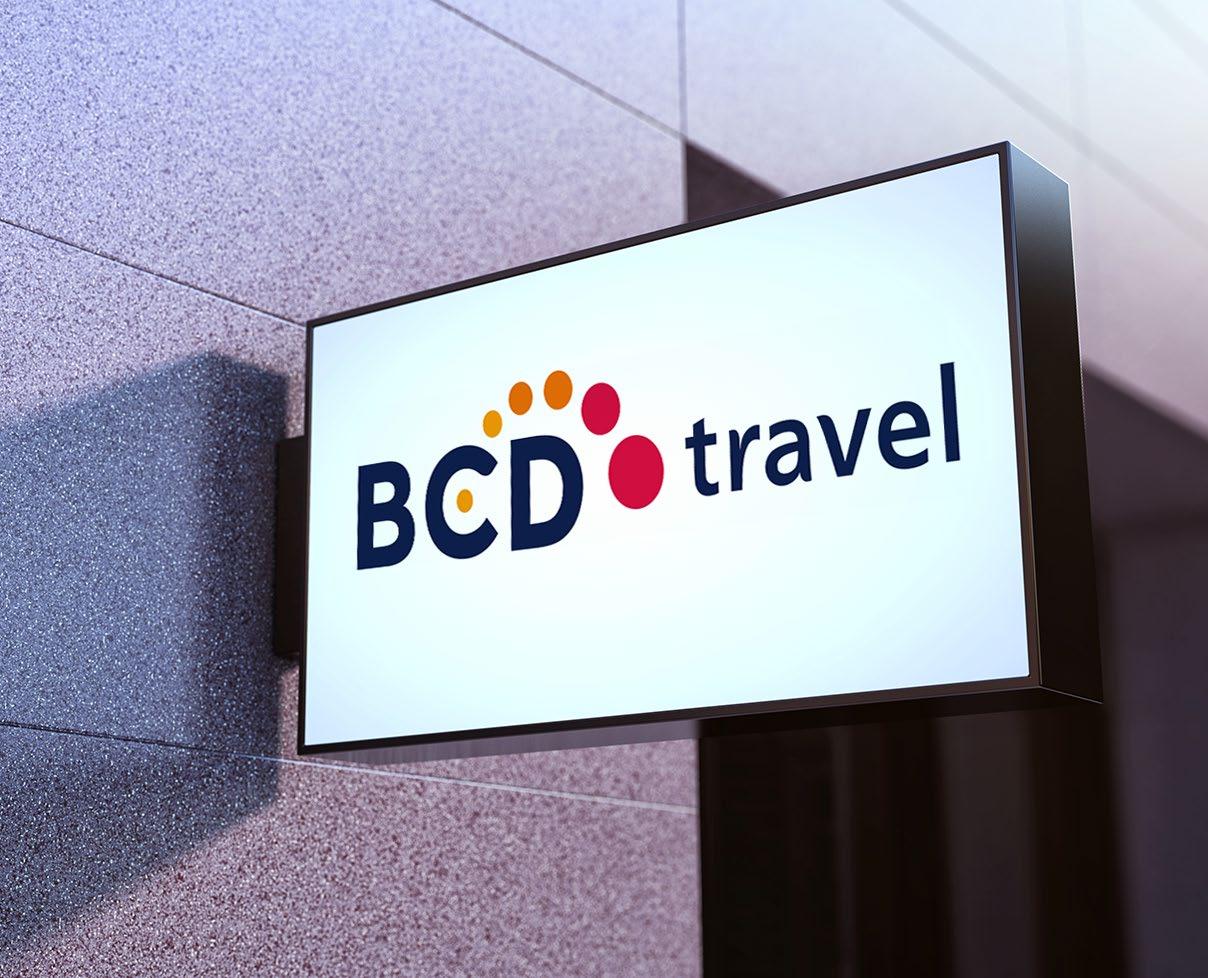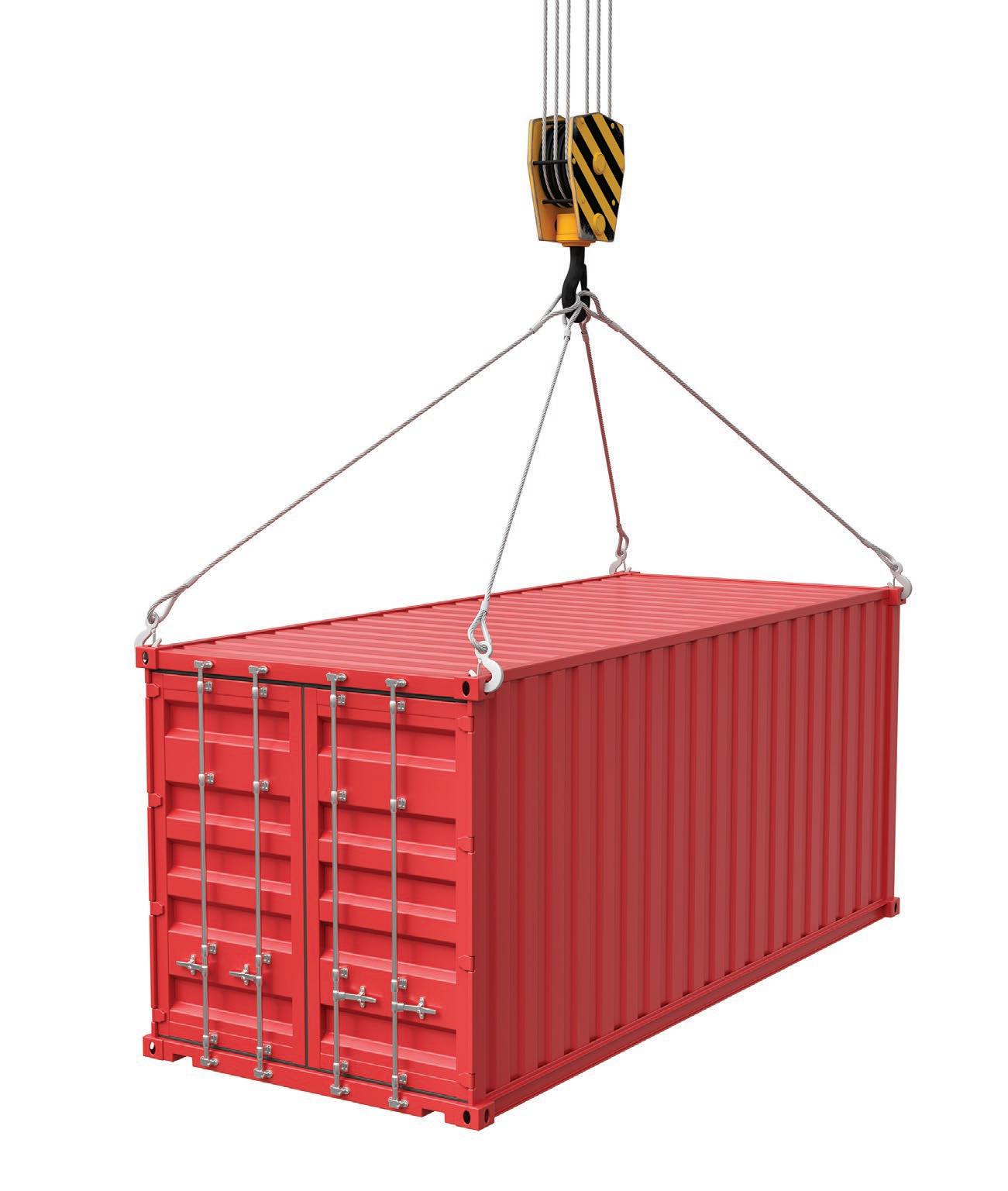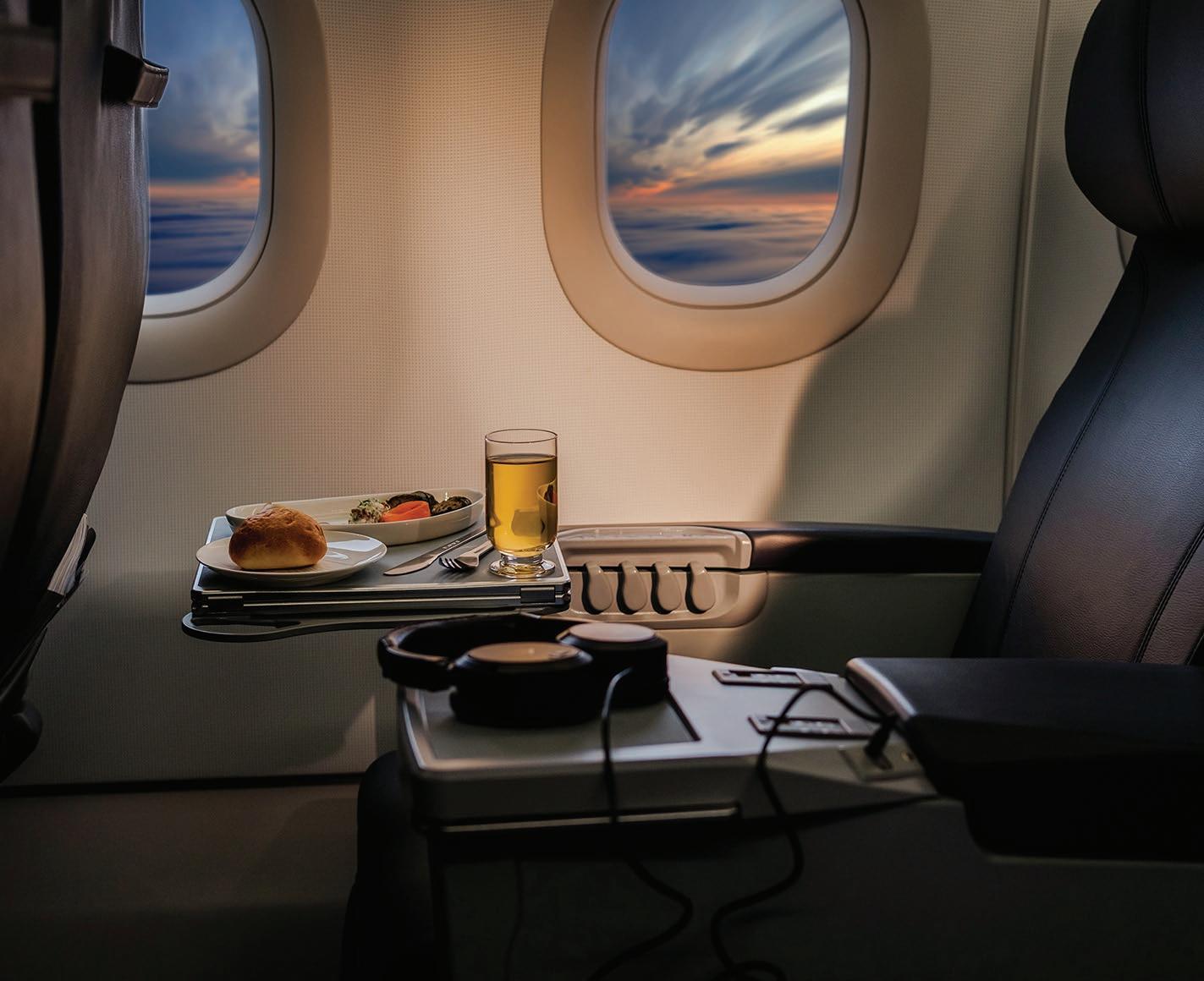
5 minute read
Rail: Are train operators
RAIL IMPROVEMENTS
Demand for train e-tickets and other business travel initiatives is stronger than ever in the pandemic, says Dave Richardson
Even before Covid came along,
business travellers were frustrated by the patchy availability of rail e-tickets and the reluctance of train operators to offer any kind of loyalty scheme. The pandemic, of course, has made both of these all the more important as travellers look for a lowtouch experience and train operators struggle to attract any kind of passengers back onto their services.
Passenger revenue in the lockdown months from March to June was just 6.9% of what it
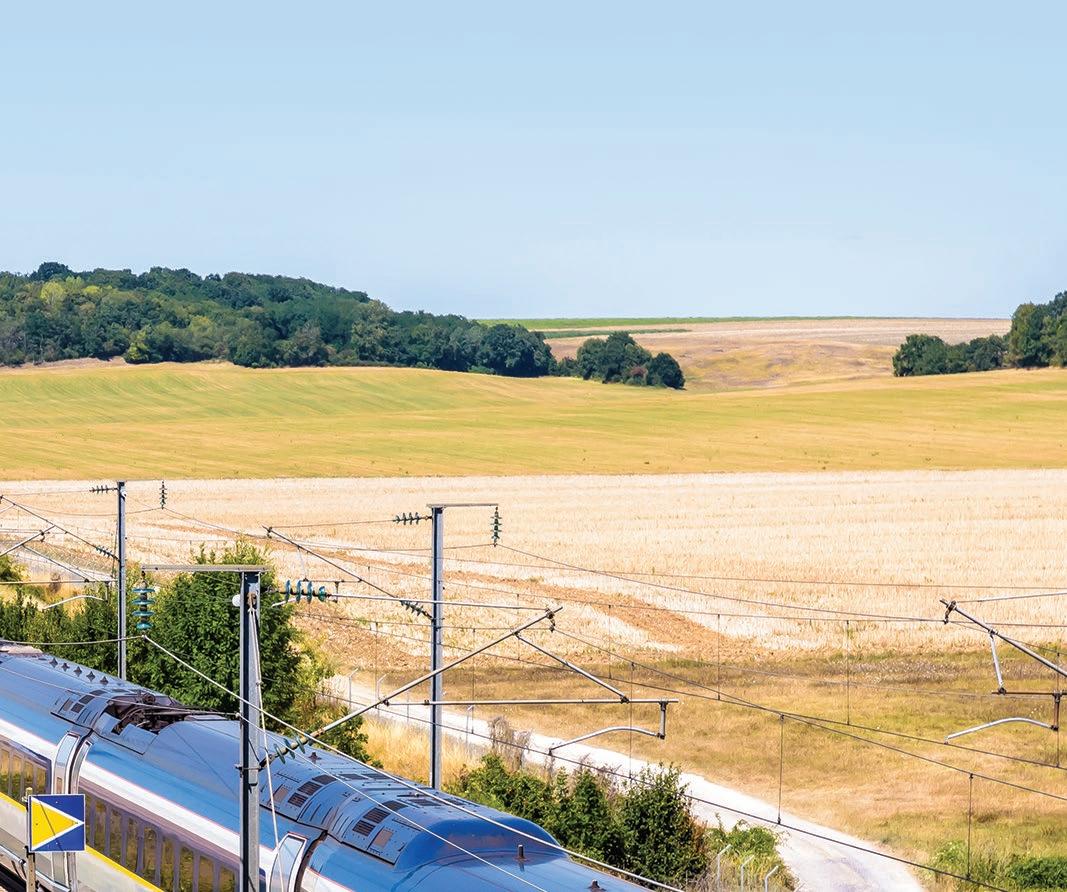
had been in 2019, and since then rail has lagged far behind road transport in recovery. Usage of the rail network had reached about 40% of normal levels by September, but then came renewed advice to work from home and local lockdowns. Estimates that 20% of last autumn’s passengers are still travelling looks optimistic.
Train operators were given another bailout by the Government in September, with an 18-month deal paying them a management fee of up to 1.5% of revenue.
This incorporates performance targets and is down from the 2% fee paid from March to September, but with the franchising system now abolished pending an ongoing review of how to run the railways, what incentive is there for train operators to motivate the business market?
Perhaps they could look to Europe, where the Eurostar for Business initiative was announced in September. While described as suitable for businesses of any size, it is clearly aimed at SMEs, with benefits starting with an upgrade to Standard Premier for every 15 return trips in Standard class.
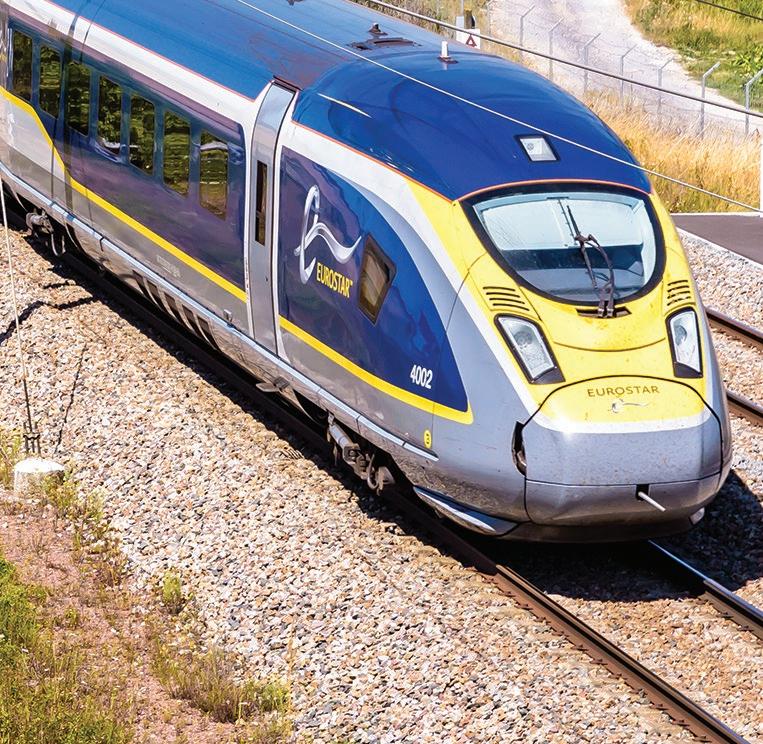


Once the account is set up it can be used by an administrator or by individuals, while the Club Eurostar rewards scheme continues with discounts for travellers towards future leisure trips.
Something similar would be welcome from domestic rail operators, but Nick Bamford, Associate Ground/Rail Services for consultancy Black Box Partnerships, says we will have to wait for the Covid dust to settle.
“There is nothing positive in the British rail sector at present, and the time for such initiatives is not now,” he explains.
“Many of the key long-distance and regional train operators have a business offer for SMEs which provides basic account management facilities, but none of them has a full business travel management product. This is why Trainline saw an opportunity a few years ago, appealing to companies not using a TMC.”
The availability of e-tickets had become fairly widespread pre-lockdown, when the advantages of not having to touch anything or queue at stations became apparent to those who still had to travel. But Bamford says the non-availability of e-tickets to all business travellers is a frustration shared by travellers and train operators alike.
“The problem is that while the main business booking tools Trainline and Evolvi have enabled it, many other online intermediaries have not,” he says.
“These are often global businesses, and enabling it for one sector in one country may be an issue.”
Trainline for Business offers SMEs a dedicated online tool, which has the added advantage of compliance with duty of care by informing companies exactly where their employees are or have been – which is now crucial in light of Covid-19.
General Manager David Higgins says: “Given the pandemic and its financial impact on many businesses, we have also updated our travel policy feature so that it now allows companies to put flexible booking restrictions for their employees in place, for example restricting first class bookings or allowing only the cheapest ticket to be booked.”
Evolvi is the main booking platform used by TMCs, and Managing Director Andrew Cantrell says many of them have tailored their service to SMEs.
“It remains the case – whatever the size of business – that the complexity of the UK rail fares structure makes it difficult to access best-value fares without a specialist booking tool,” he adds. “What really drives any corporate traveller, whether a multinational or a smaller business, is the ability to optimise travel budgets – and this is where online booking tools come into their own.”
TMC Click Travel has developed its own booking and ticketing system and Chief Product Engineer Robin Smith says the focus this year has been on the wider adoption of e-tickets.
“Our own platform is fully compliant with the latest barcode ticketing specification in preparation for wider support of this at more stations,” he explains. “We have seen significant adoption of barcode ticketing away from traditional paper tickets when the route supports it, and we hope to make barcode ticketing our default option.
“Before the lockdown we were seeing huge uptake of traveller experience improvements with companion apps gaining popularity, and we expect this to return strongly once people are back on the move. We also expect the question of sustainability to return to the forefront of people’s minds.”
A source close to the ITM says it is "frankly disappointing” that road congestion is getting worse while rail usage slumps.
He adds: “Business people will go in their own cars or hire cars, but many are scared of sitting in any space with people they don’t know.
“We hear that younger travellers are keen on the sustainability agenda, but most people have returned to the old ways. What would be good are apps telling you which trains or parts of trains are least busy.”






